Activities
The scientific and technical work of BIKE is developed through the following activities, in addition to a specific work package for coordination and management and one for ensuring the projects compliance with ethics requirements :

WP
1
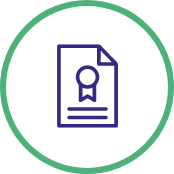
Certification module
Development of a certification module for low ILUC risk biofuels, as well as guidelines to identify and classify low-ILUC risk feedstocks. Findings will build on the 4 case studies analysed in BIKE.
WP
2
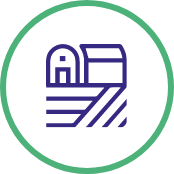
Biomass supply options
Understanding and evaluation of biomass supply options, with feedstock obtained either from productivity increases of crops which benefited from improved agricultural practices, or from crops grown on unused, abandoned or severely degraded land, and from other climate positive farming solutions.
WP
3
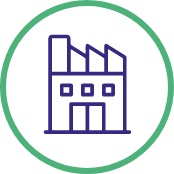
Operational capacity and scale up potential of sustainable biofuels
Evaluation of the operational processing capacity of sustainable biofuels available in Europe and of the potential for scale up and replication.
WP
4
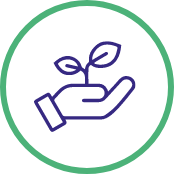
Full sustainability assessment of low ILUC risk biomass value chains
An in-depth assessment of the environmental, social and economic performances of the biomass value chains identified by BIKE, and their potential contribution to the UN Sustainable Development Goals, based on the methodologies and the tools developed by the Global Bioenergy Partnership (GBEP).
WP
5
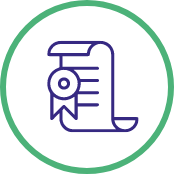
Policy and Legal framework
An overview of the regulatory framework relevant for the project objectives, identifying the policy enablers favouring the market uptake of low ILUC risk biofuels.
WP
6

Good practice
A review and a compilation of the good practices and lessons learnt from the BIKE case studies, underlining their overall replicability at EU level and ways to help the market uptake of low ILUC risk biomass value chains.
WP
7

Communication & Dissemination
Dissemination and communication activities informing about the results of the project and engaging with relevant stakeholders.
